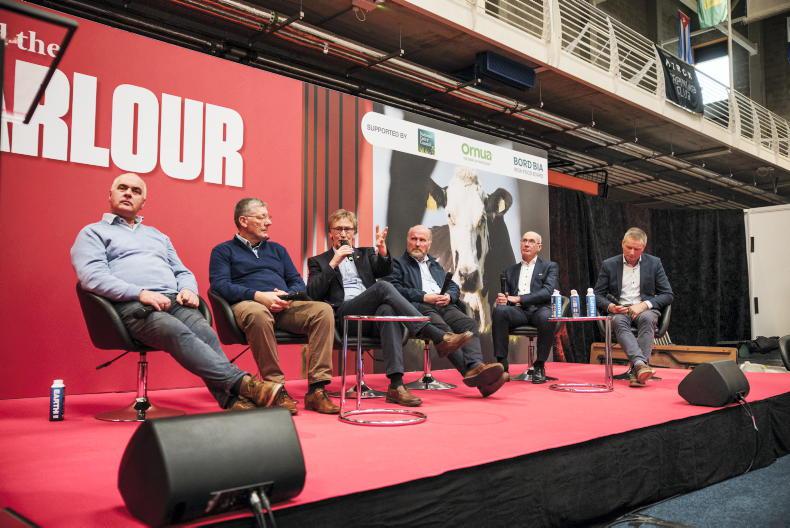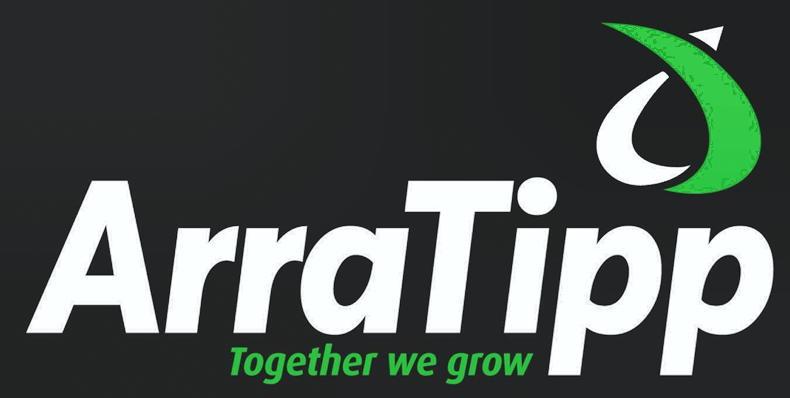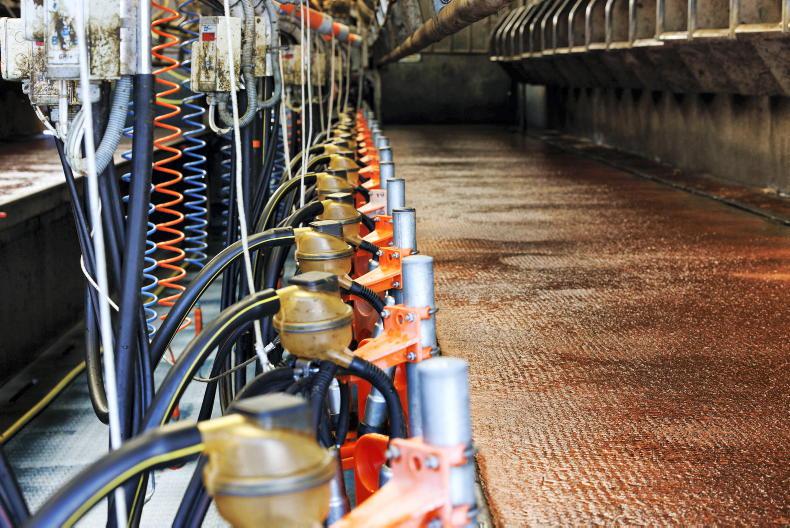In order for the proposed merger between Arrabawn and Tipperary co-ops to proceed, it has to be approved by 75% of milk-supplying shareholders of both operations at the votes being held on Thursday 7 November.
If fewer than 50% of votes are in favour of the merger at either vote, then the deal will be off (a simple majority on 7 November would allow for a second confirmatory vote at a later date).
While both co-ops have spent the last few weeks pointing out the advantages of the merger, it is worth looking at what a failure to close the deal would mean.
Arrabawn
The Nenagh-based operation is by some distance the better positioned co-op to continue trading as normal in wake of a failed merger.
Arrabawn has made significant progress on its debt pile in recent years, while also being able to pay suppliers a very competitive price for milk.
Should that trend continue, then the co-op is on track to reduce its net debt to effectively zero, which would lead to further savings on interest payments and ensure its future for the short to medium-term.
On product mix the co-op’s single processing facility does have some flexibility. While the investment in casein production has certainly paid dividends, the co-op also produces butter and whey as well as skim milk powder.
Arrabawn does face a management challenge, with current CEO Conor Ryan indicating that, at 65, he is ready to step back from the leadership of the operation. Looking at the longer term, there are also possible risks from a reduction in milk supply from a loss of or reduction in the derogation. However, this challenge is common across the industry.
Tipperary
The outlook for Tipperary Co-op is significantly more difficult. With another loss forecast for this year, the day-to-day running of the operation seems reliant on the continued support of the co-op’s lenders. A failure of the merger could lead to a reassessment by those lenders of the wisdom of continuing to support the processor.
Tipperary will also need continued support and patience from its suppliers. It is apparent from recent supplier meetings that patience with being paid the lowest milk price in the country is already running very thin.
The Irish Farmers Journal understands a number of suppliers have already handed in their notice ahead of the 1 November deadline. While many of these suppliers would likely remain with the co-op if the merger is approved, they are preparing the ground for a quicker exit should the deal fail to proceed.
If the merger with Arrabawn does fail, then the board of the co-op would have to look at other options. There has been interest expressed in Tipperary from other co-ops, and while there appears to have been little to no engagement with those communications so far, there could still be value in the operation for other processors.
However, that value comes with Tipperary’s milk pool rather than its own processing facility in Tipperary town. From what we know of the letter sent by Tirlán to the board of the co-op, the deal mooted was for Tipperary to become a “corporate member” of Tirlán. This would suggest that Tipperary suppliers would send their milk to Tirlán for processing.
There was no indication given in the opening gambit from Tirlán about what would happen the facility in Tipperary town, or for that matter, the co-op’s Tippagral cheese business in France.
It is also worth noting that in the wake of a failed merger with Arrabawn, Tipperary would be entering negotiations with other processors from a position of considerable weakness.
That weakness would be worsened if it starts to lose its most valuable asset – its milk pool.
Every co-op CEO we’ve talked to in the last year has said that they expect a period of consolidation to happen in the industry over the coming years.
With massive investments by processors since the end of quotas, and milk supply peaking in 2022, the Irish dairy sector finds itself in a situation where there is too much processing capacity for the amount of milk being produced.
Consolidation indeed seems inevitable. However, so far there hasn’t been any in this cycle. The problem for the industry – and by extension, the dairy farmers supplying that industry – is that each co-op is fiercely independent, and wishes to remain so.
There is a level of cooperation between processors, as there always has been, but they remain very slow to embrace the opportunities which would arise from mergers.
This means that when mergers do come to the table they look more like bailouts or takeovers, as previously seen in the Lakeland/LacPatrick deal and currently with Arrabawn and Tipperary.
That possible merger has been driven by financial necessity rather than any kind of forward planning.
If this trend continues, where co-ops seek to remain independent until they reach the point that they have no choice but to seek help from others, there will be considerable value lost to Irish dairy farmers. Debts will be run up, lower prices will be paid, and reassurances given by boards based on hope rather than expectations.
Looking ahead and to the possible loss of derogation, co-op boards should be talking about doing deals now to increase efficiency while they still have space to negotiate, rather than failing to act and finding themselves in a position where they have little choice but to take whatever deal is on offer.
In the short-term, all eyes will be on the votes in Tipperary and Arrabawn to see if that merger can get over the line. But the lesson of what happens when boards wait too long to act should be learned by all.










SHARING OPTIONS